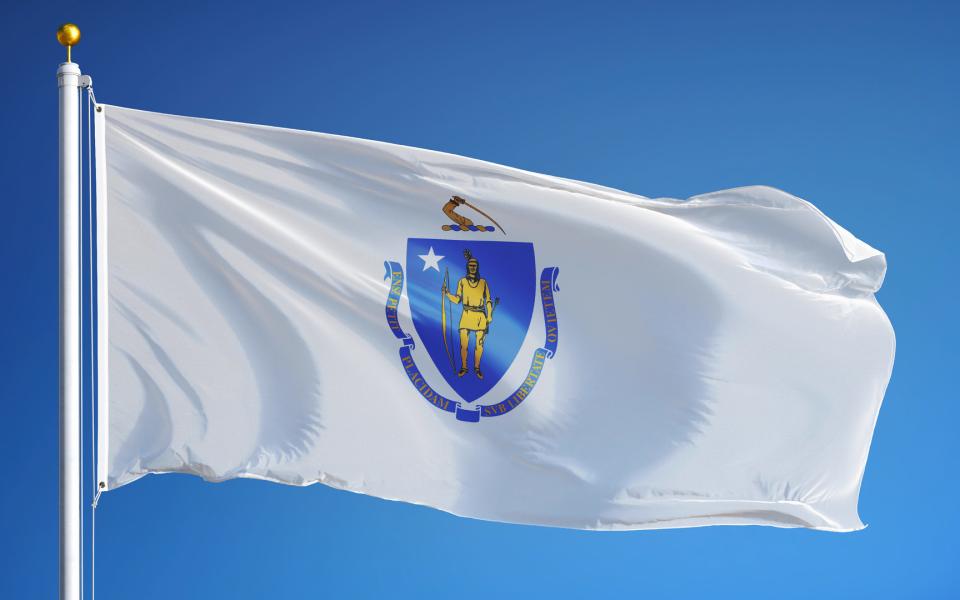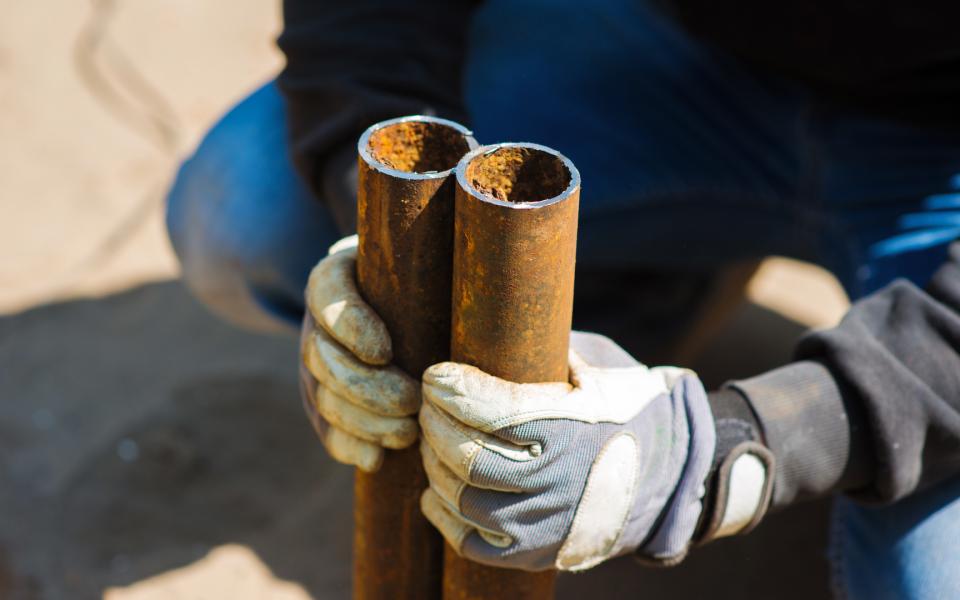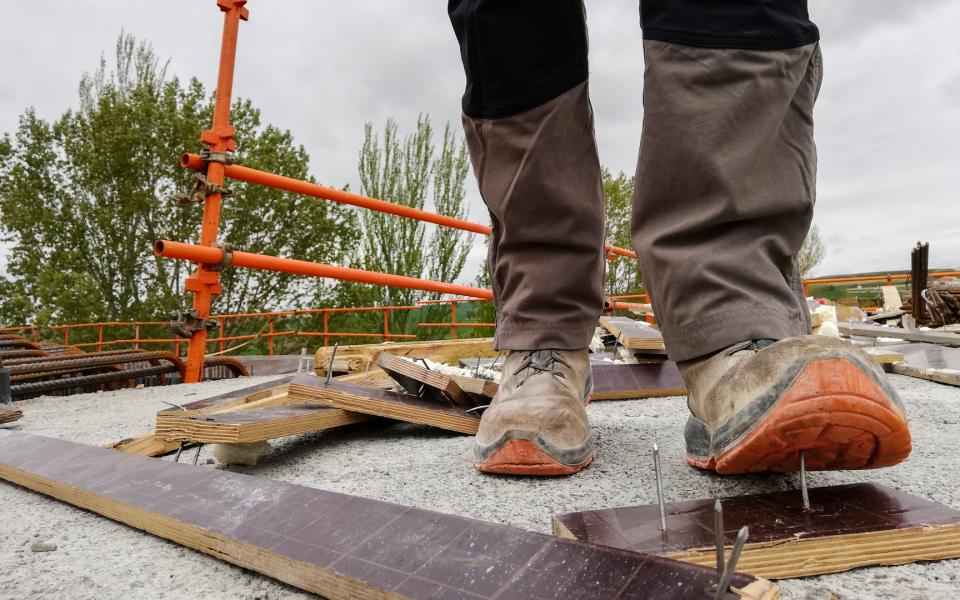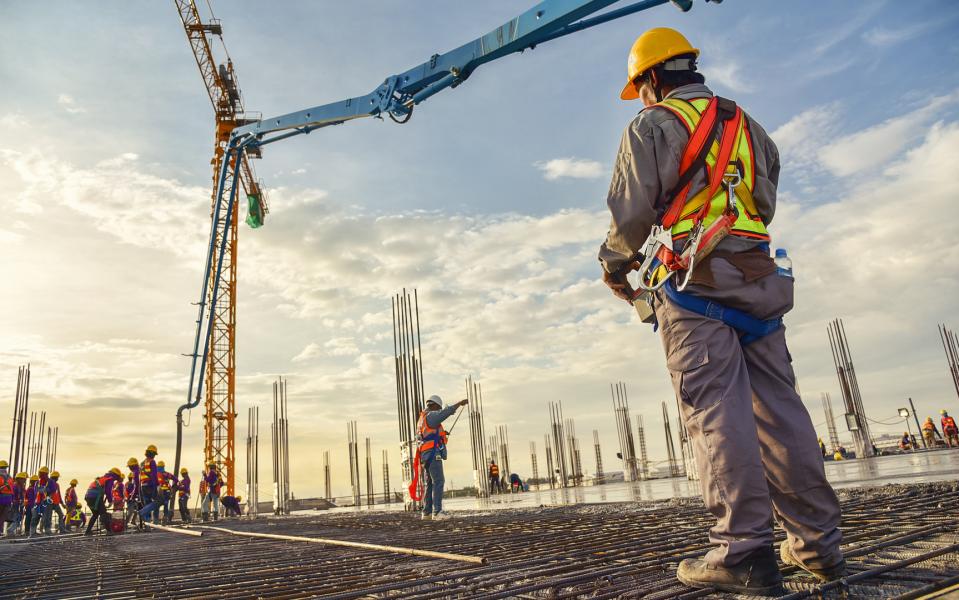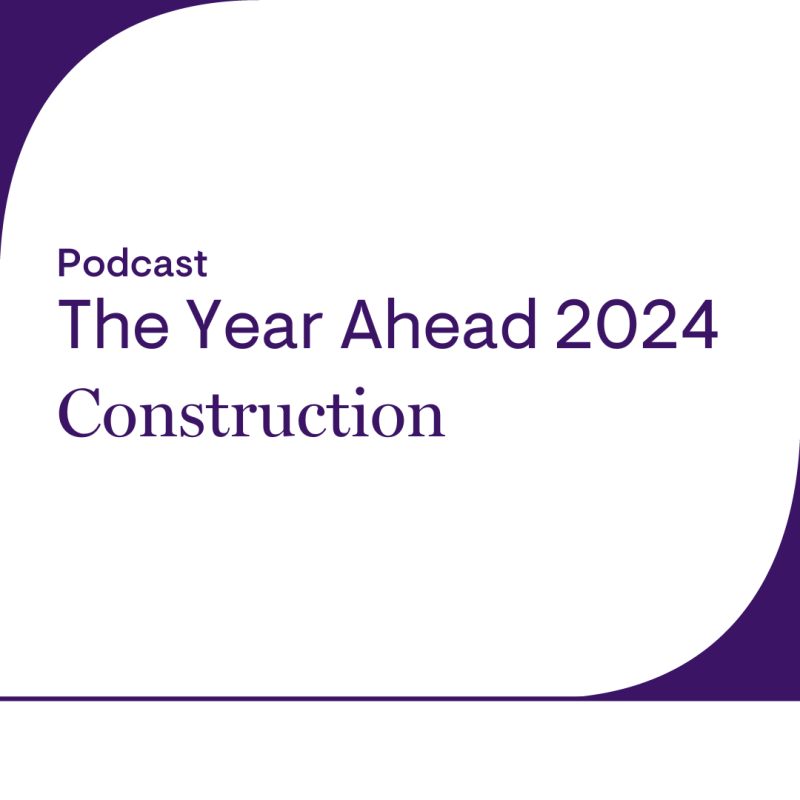
The Year Ahead 2024: Construction
Jackson Lewis Construction industry co-leaders Dion Kohler and Sean Paisan discuss the key labor law and occupational safety and health-related issues affecting the construction industry in 2024. Topics include the significant NLRB decision regarding the election process of union organizing, protected concerted activity, and ramped-up OSHA construction-based enforcement efforts that coincide with the passage of the Bipartisan Infrastructure Law.

